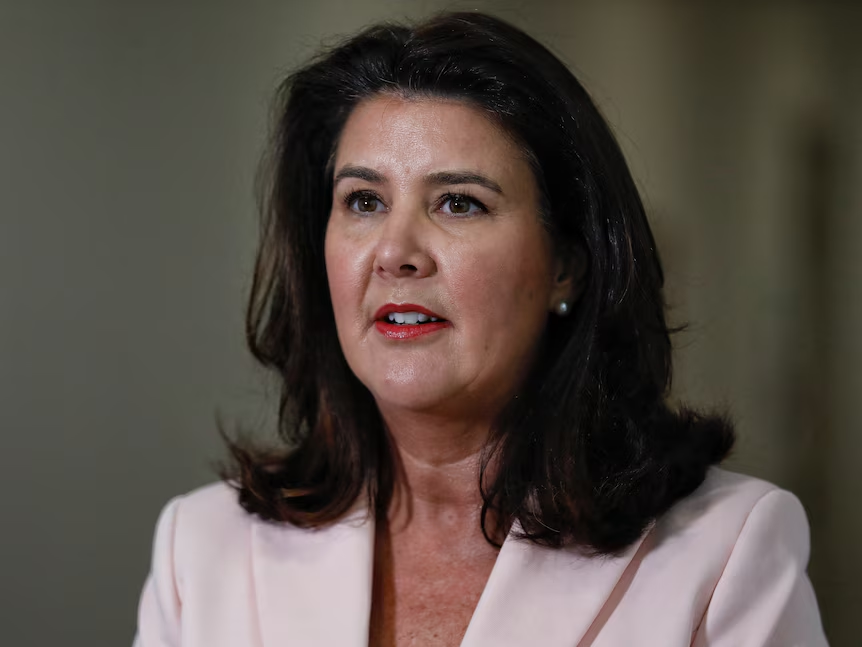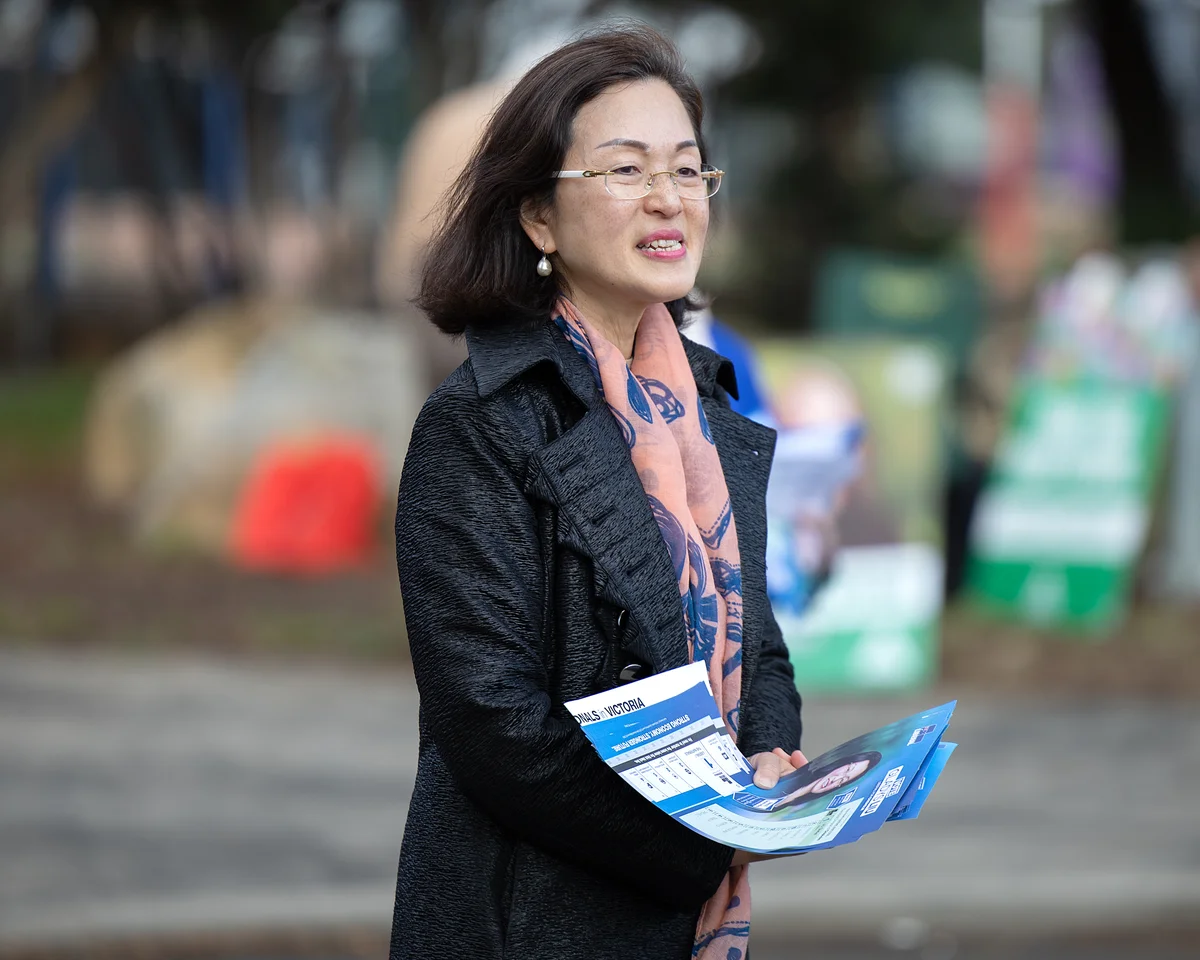The political fallout from Liberal Senator Jane Hume’s controversial “Chinese spies” comments during the 2025 federal election campaign has intensified, with former Liberal MP Gladys Liu leading a chorus of condemnation from the Chinese-Australian community. Liu, who made history as the first Chinese-Australian woman elected to the House of Representatives, has demanded a “heartfelt apology” from Hume, describing her remarks as both inflammatory and damaging to community relations.
The controversy erupted when Hume appeared on a morning television program in the final week of the election campaign, suggesting that Chinese-Australians handing out how-to-vote cards for Labor candidates “might be Chinese spies.” Her comments were prompted by media reports alleging that a Chinese community association, supposedly linked to China’s Communist Party, had organized campaigners for Labor and teal candidates. The inflammatory nature of these remarks quickly spread across Chinese social media platforms, generating widespread outrage within the community.
Community Leaders Unite Against Discriminatory Language
Liu’s response was particularly scathing, given her unique position as a trailblazer for Chinese-Australian political representation. She expressed being “outraged and deeply troubled” by what she characterized as an irresponsible statement that created unnecessary suspicion and fear. The former Chisholm MP raised pointed questions about the implications of such rhetoric: “Chinese spies? Who are these supposed spies? What do they look like? And more disturbingly, for the Chinese community: will I be viewed as a spy?”
The criticism extended beyond individual politicians to organized community action. The Chinese Community Council of Australia’s Victorian chapter coordinated an open letter signed by multiple Chinese-Australian organizations, demanding that Hume withdraw her remarks and issue a public apology. The letter emphasized that such “unsubstantiated remarks” cast unwarranted suspicion on volunteers exercising their democratic rights as Australian citizens.
Electoral Consequences and Political Damage

The timing and impact of Hume’s comments proved particularly damaging for the Liberal Party’s electoral prospects. Despite spending three years attempting to rebuild trust with Chinese-Australian voters following previous controversies, the party witnessed significant swings against them in constituencies with substantial Chinese-Australian populations. Some areas recorded swings to Labor of up to 30%, with analysts attributing this partly to the community’s rejection of what they perceived as discriminatory rhetoric.
The irony was not lost on political observers that Hume herself had co-authored the Liberal Party’s internal review following their 2022 election loss, which specifically identified rebuilding relationships with the Chinese community as a priority. The review had cautioned party representatives to be sensitive to community concerns and ensure their language couldn’t be misinterpreted as insensitive.
Hume’s Defense and Ongoing Investigation
Despite the mounting criticism, Hume has refused to retract her statements, instead doubling down on her position. She defended her comments as legitimate concerns about foreign interference, stating there was “suspicion by the Australian electoral integrity taskforce of foreign interference in our electoral system.” The senator criticized Labor for weaponizing her remarks, claiming they turned legitimate security concerns into a scare campaign against the Liberals.
When pressed for comment following Liu’s demands for an apology, Hume’s office noted that the Australian Electoral Commission was investigating the matter and stated they would await the investigation’s outcome. Her spokesperson characterized Foreign Minister Penny Wong’s response as politicizing “an issue as important as possible foreign interference in our election.”
Broader Implications for Political Discourse
The controversy highlights ongoing tensions around how political leaders discuss national security concerns without alienating entire communities. Chinese-Australian organizations argue that Hume’s approach promoted racial profiling and undermined the equal status of Chinese-Australians in public life. They contend that such rhetoric discourages civic involvement by fostering suspicion based solely on cultural background.
The incident recalls previous controversies involving Chinese-Australian politicians, including questions raised about Liu herself regarding her past associations with Chinese organizations. However, the current situation represents a reversal, with Liu now defending her community against what she sees as unfair characterization by her former Liberal colleagues.
As the Australian Electoral Commission’s investigation continues, the political ramifications of this controversy continue to reverberate through both the Liberal Party and the broader Chinese-Australian community, raising fundamental questions about trust, representation, and the boundaries of legitimate political discourse in multicultural Australia.

